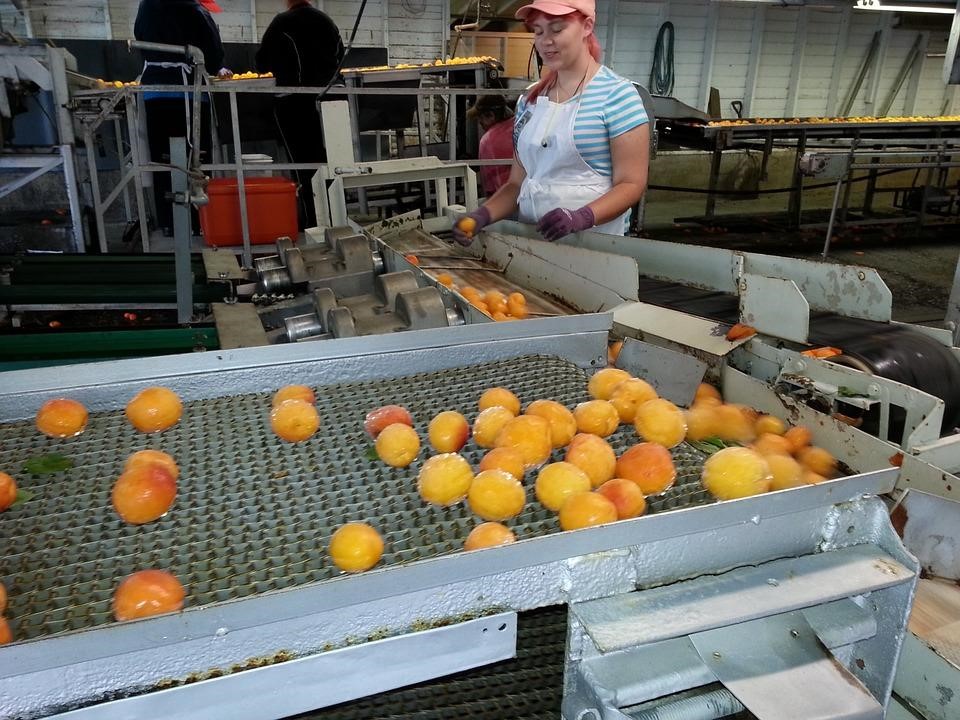
Food industry Funding to bolster the sector
The increasing population, growing costs and the introduction of stricter environmental and waste management regulations have had a significant impact on the food and drink industry; therefore, the industry is looking for ways to improve efficiency by developing new food manufacturing and related technologies. They have also come up with better ways to transfer products from one side of the factory to the other. They found a more efficient way of doing this is to use a flatbed trolley which can be purchased through sites including www.she-ltd.co.uk/products/flatbed-trolleys
Government funding was recently announced for a number of projects in this sector focusing on improvements to current food technologies. This amount is more than doubled when the companies’ own investment is taken into account, reaching a total of £23m.
New technologies
The supported programmes are diverse and include projects focusing on the improvement of efficiency in food manufacturing processes and reducing waste in the beef supply chain and in bread-making. A funded initiative will focus on the development of energy-efficient air distribution systems for cooling factories that are also safe for food processing. A further project will work on the recovery and re-use of quality ingredients from co-products created while steaming fruit or vegetables.
There are a number of ways in which food waste can be reduced, either by the consumers or by the factories and other parts of the supply chain. A common theme of the supported projects is the focus on efficiency improvement during the manufacturing stage, which can not only be achieved by supporting new technologies but also by utilising clever ideas from other areas of our lives, such as focusing on recycling or re-using resources.
Re-use of resources
These are not completely new approaches and such related services are already available in the food manufacturing industry; for example, one way to reduce costs while re-using existing resources is to buy used equipment.
The food and drink sector has already achieved impressive results in recent years, including the decrease of CO2 emissions by over one-third since 1990 and the 11 per cent increase in productivity over the last five years, compared with the average UK productivity growth of 0.5 per cent. These figures can be further improved, however, and one way of achieving this is to support projects that improve efficiency in one way or another.

Leave a reply